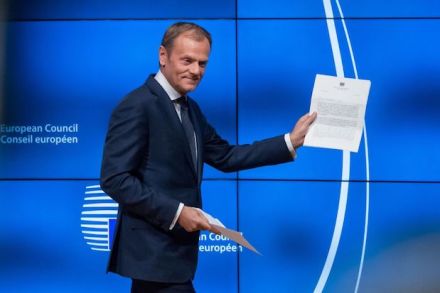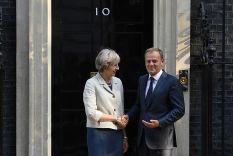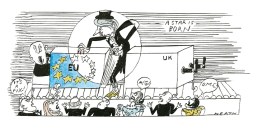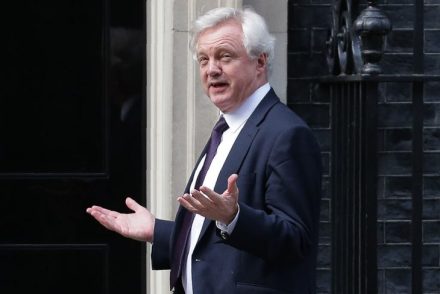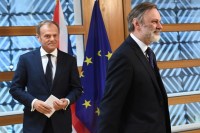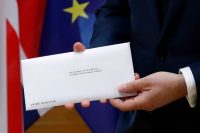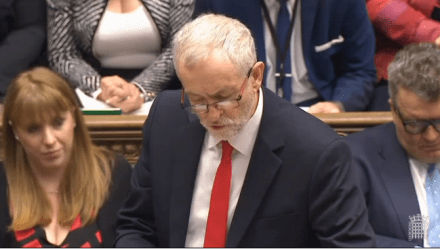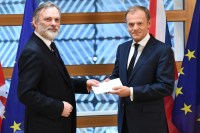Now is not a good time to be making enemies
I always thought leaving the EU would be a cause for celebration, but the sight of Donald Tusk accepting the Article 50 letter this week just made me feel a bit sad, and that we had let down our friends and neighbours. One of the things Brexit has done is made me realise how European I feel, and I’m sure I’m not alone. I always found Vote Leave’s whole Commonwealth shtick a bit disingenuous, because we have far more in common with the Dutch and the Germans than with most non-European countries, even those we did forcibly make part of our empire against their will. Sure, the Asian economy is
